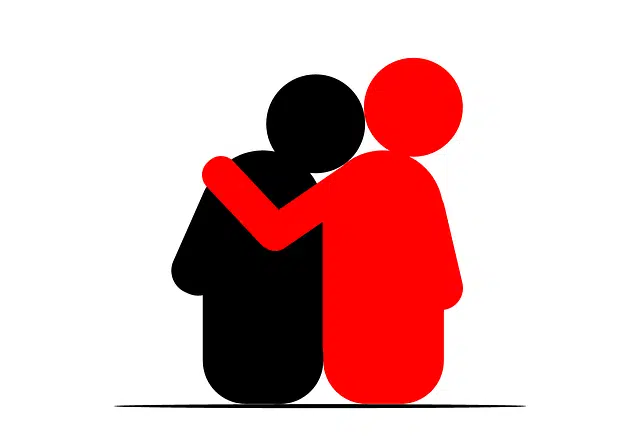
Commiseration is associated with empathy.
The concept of commiseration , which comes from the Latin word commiseratio , is used to refer to the mercy or pity experienced in the face of a person's discomfort or pain . Compassion, therefore, is linked to the sadness that an individual feels when representing the evil that a third party suffered or is suffering.
For example: “The man watched with commiseration the child who was begging at the door of the church,” “I cannot understand how the suffering of the elderly does not generate commiseration in certain people,” “The relatives of the accused sought commiseration from the court, but they were not successful.”
Commiseration is related to empathy . When one subject feels sorry for another, commiseration arises. This is because they understand the pain of others as they project themselves and can assume how they would feel if they were in the same situation. Commiseration can give way to solidarity and generate some action that helps the person who is suffering feel relief.
Self-pity, self-pity
If someone feels sorry for themselves, it is called self-pity . This feeling arises from pessimism and selfishness . He who is a pessimist thinks that misfortune rules his life: that is why he feels sorry for his bad fortune. On the other hand, self-pity is selfish because the person focuses excessively on his or her own problems and does not pay attention to the fact that other people around him or her may also be suffering. This particularity causes various religions to consider self-pity as a sin or ethical failure.
Self-pity can be taken as an attitude that arises from selfishness, but it can also be understood as a response to fear , as a form of defense against certain threats that the subject perceives. In itself, someone who believes himself to be pursued by bad luck lives daily with fear. As if this were not enough, this condition is usually accompanied by deep self-hatred: the individual does not consider himself deserving of good things.
To go through a stage of self-pity, a lack of protection from responsible adults during childhood is first necessary. It is from a series of internal deficiencies that the subject becomes convinced that if they did not want it, it is because they did not deserve it and that, therefore, their lack of luck is normal. People around him may feel that his attitude is selfish because he usually spends much of his time thinking about his own problems and fearing those to come, but in reality this is because the situation consumes him.

Commiseration can lead to an act of solidarity.
Compassion
The concept of commiseration, on the other hand, is well regarded by religions, and in fact it is one of the fundamental steps to becoming a good person according to most precepts. When we come to feel pain and sorrow for the suffering or misfortune of another person, we also come into contact with our own humanity, with that which makes us living beings.
Understanding others is understanding ourselves, it is seeing the pain of others as our own, starting from the basis that we are all equal and can suffer in the same way, enjoy in the same way, because barriers are only cultural creations and not They respond to our true essence .
This particular degree of compassion appears in a large number of fictional stories, ranging from literature to popular music, although it can present itself in many different forms. Just like any other feeling, not all people experience it in the same way, or the description we offer of it is different from what others do.
